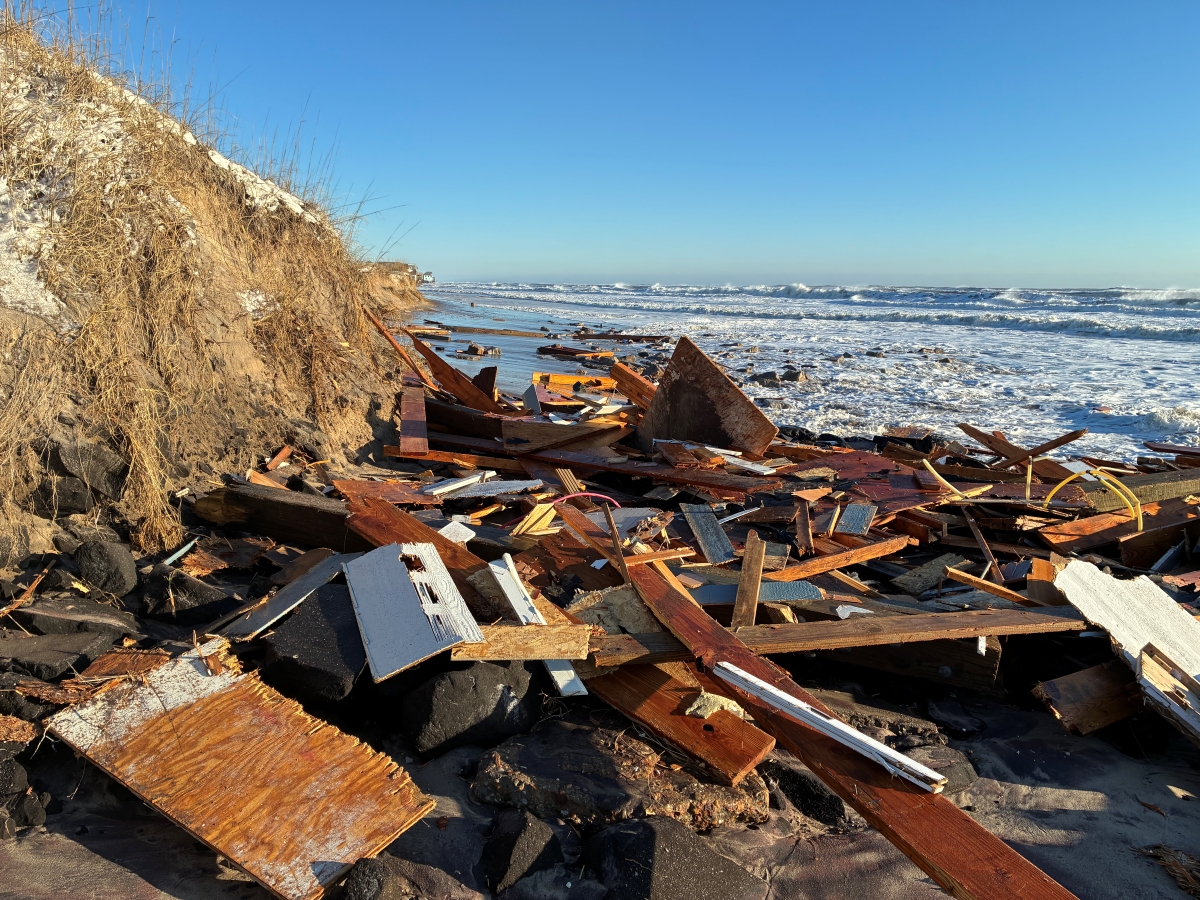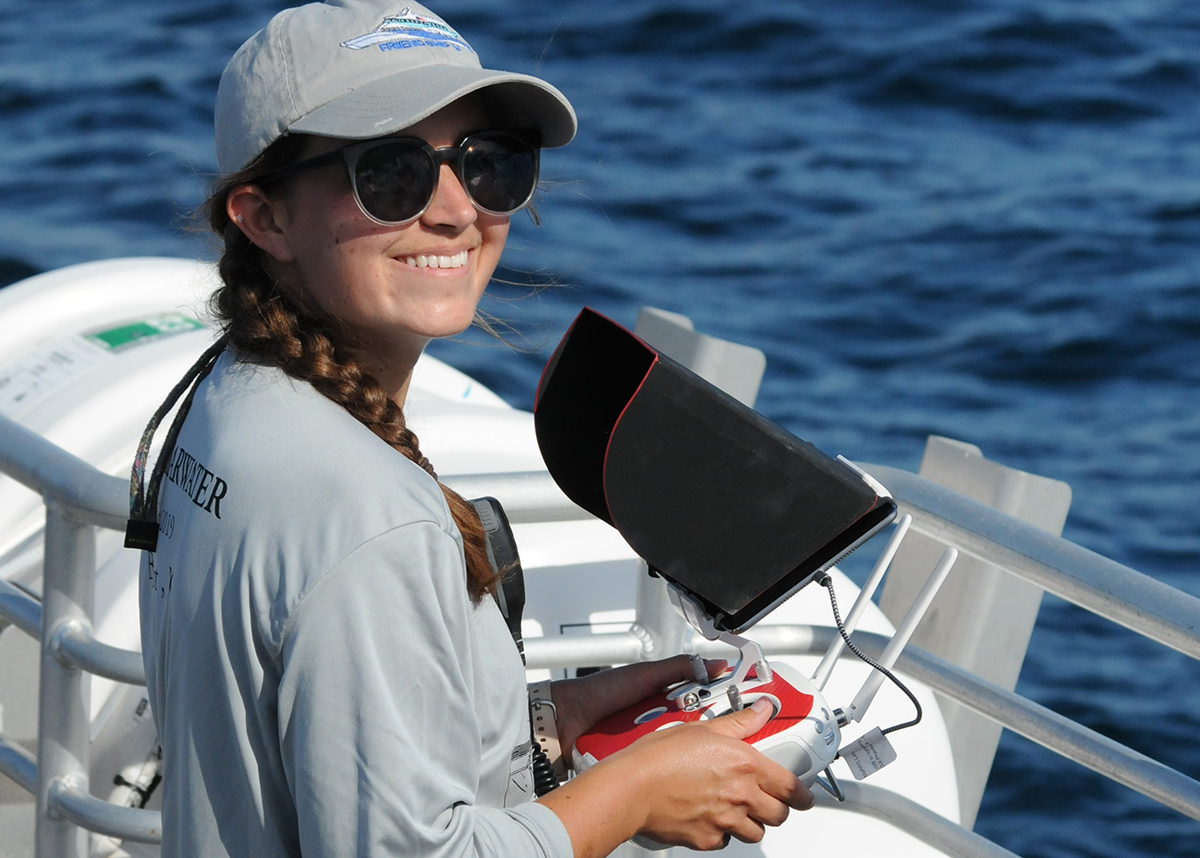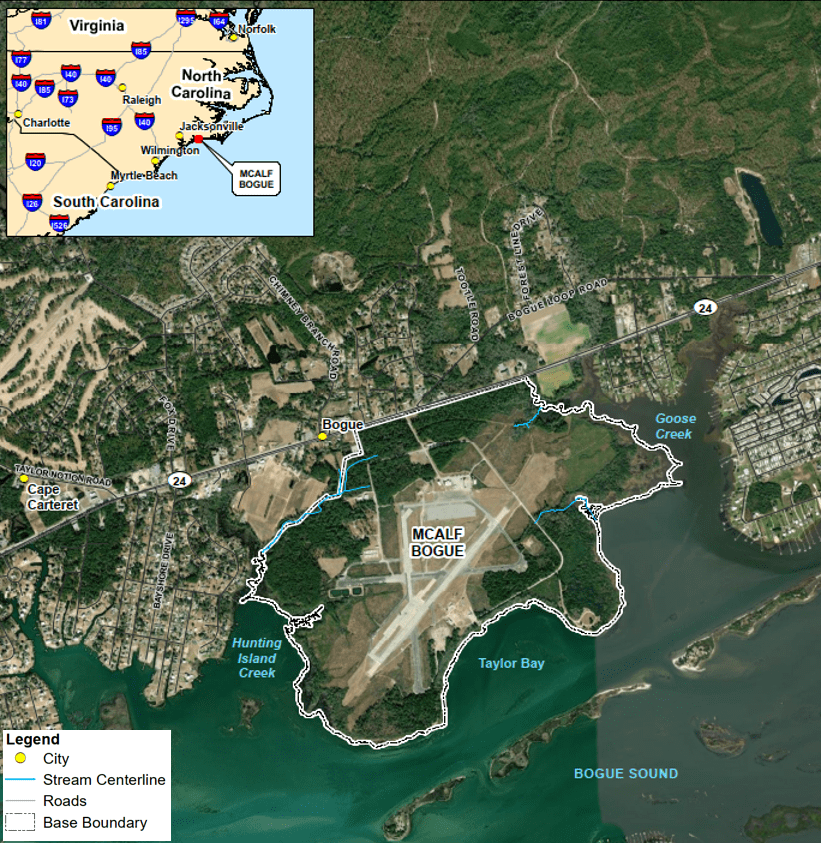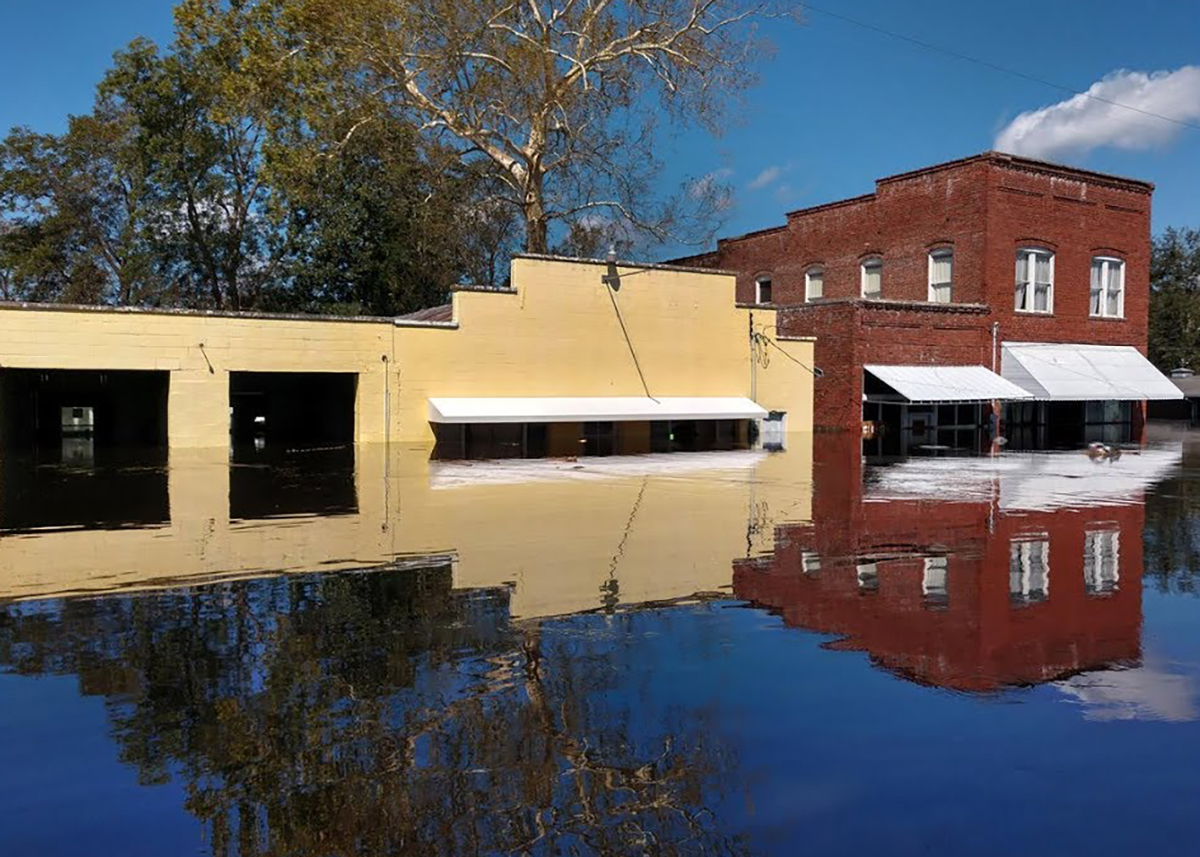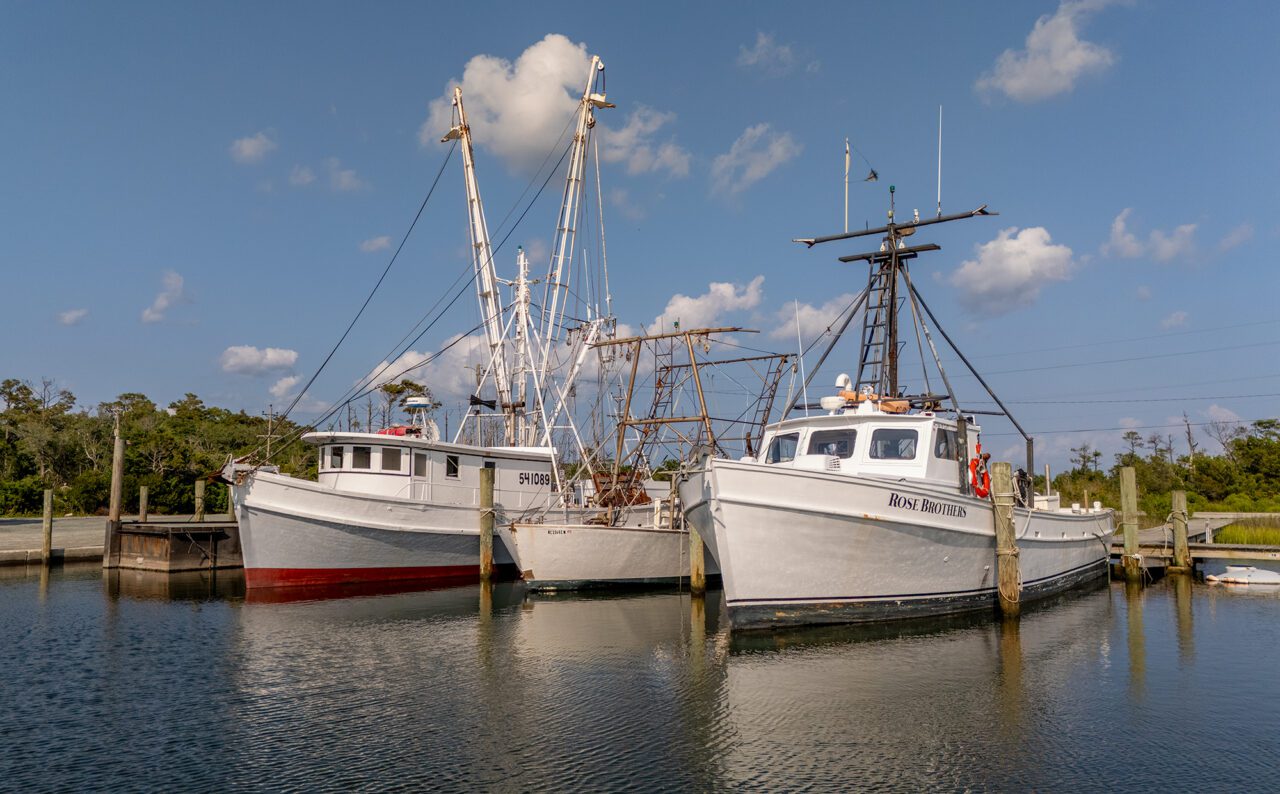
More than half of North Carolina’s 20 coastal counties will be represented at the launch of what commercial shrimping advocates envision as an organization poised to fight for the industry in Raleigh.
The inception of the North Carolina Coastal Counties Fisheries Coalition is set to kick off in an Aug. 5 meeting in Morehead City, where coastal-based local and state elected officials and their constituents are invited to converge, discuss and formulate a plan to combat what they deem politically charged threats to commercial fishers.
Supporter Spotlight
“Bottom line, simple mission statement: We want to provide fresh, local seafood for our citizens and visitors and protect the livelihoods and families that harvest it,” said Dare County Board of Commissioners Chair Bob Woodard. “We’re going to do everything humanly possible to protect our commercial fishermen.”
The meeting is scheduled for 1 p.m. in the Crystal Coast Civic Center’s main hall, 203 College Circle.
The idea to form a coastwide coalition to defend and protect the state’s commercial fishing fleet sprouted fresh on the heels of a fierce fight that ensued in the North Carolina Legislative Building in late June.
That’s when a last-minute amendment to ban shrimp trawling in inland and nearshore coastal waters was tucked into a House bill originally authored to expand recreational access to southern flounder and red snapper. A companion bill, House Bill 441, was gutted and revised to establish a program that would pay out annual installments over three years to qualifying shrimpers.
In what quickly became referred to as “Shrimpgate,” hundreds of commercial shrimpers and their supporters, backed by coast-based legislators in both chambers and on both sides of the political aisle, flocked to Raleigh to oppose House Bill 442, one they argued would have effectively shuttered the state’s shrimping industry.
Supporter Spotlight
After a near weeklong bout, House Republicans announced June 25 they would not take up the bill with the changes senators had added.
It was a victory for what commercial shrimping advocates say is only one battle in a war they believe has not reached an end.
“Heck no,” the fight isn’t over, Woodard said. Senate leader Phil Berger, R-Rockingham, has “already said that. When they go back in session in September, who knows. I’m not sure where they’re going with it, but that fight ain’t over.”
Berger, back in June, called the amendment to the bill “a good provision.”
“It’s our position that continuing to allow trawling in inland waters is detrimental to the state overall [and] detrimental to our aquatic fish population,” he said to reporters from various media outlets. “We’re the only state on the East Coast or the Gulf Coast that allows that kind of net fishing in the inland waters and it’s time for us to change that.”
Groups, including the Coastal Conservation Association – North Carolina, or CCA-NC, and the North Carolina Wildlife Federation, have long argued that shrimp trawling harms other fisheries, including juvenile fish, and degrades essential habitats.
Commercial fishing proponents refute those claims, saying that the state’s fisheries management plan for shrimp already protects sensitive habitat and juvenile fish. Commercial fishing is heavily regulated in North Carolina, where trawlers are required to have equipment on their boats that prevent and reduce bycatch.
Woodard noted that argument in a June 30 letter he penned to Berger, writing in part, “regulations are already in place that significantly reduce bycatch in shrimp nets.”
Woodard also called out the eleventh-hour injected amendment to House Bill 442 as a move that “bypassed due process by attaching negative amendments to this bill without public debate or discussion.”
Three days after signing that letter, Woodard dispersed one to chairs of coastal county commissions announcing his proposal to establish the coalition. In it, he welcomed them to extend an invitation to other counties that may wish to get involved.
As of midday Friday, 11 coastal counties including Brunswick, Camden, Carteret, Craven, Currituck, Dare, Hyde, Onslow, Pamlico, Tyrrell and Washington had appointed members of their boards of commissioners to the coalition.
At least four members of the Carteret County Board of Commissioners plan to attend the Aug. 5 meeting, Chair Chris Chadwick said.
“But I’m hoping to have a whole group,” he said. “You can’t try to ram something down somebody’s throat and eliminate an industry without involving the people where the industry exists. When you have somebody from Winston-Salem trying to tell you what’s best for you on the coast without involving the people on the coast, that’s a problem in my book. We look forward to a productive meeting and the beginning of something strong and a powerful organization that can go to Raleigh and advocate for the coastal counties.”
Onslow County Board of Commissioners Chair Tim Foster expressed similar sentiments.
“I think when it comes to this, the coastal counties really need to come together and show that unified support of what’s taking place,” he said. “When you see decisions that are being made that impact your communities, but you don’t see yourselves as having a voice on this, this coalition becomes that. We have Sneads Ferry that’s historically a fishing village and an industry that has grown and it impacts these families that have been doing this for generations. We just felt like (the coalition) is something we needed to be part of to support them and be their voice on some of these decisions that are being made that impacts their livelihood.”
Sen. Bobby Hanig, R-Currituck, plans to be at the meeting. Local elected officials have praised Hanig for initially sounding the alarm on the trawling ban amendment in a social media post.
“What they attempted to do completely backfired on them and it has given the commercial fishermen the platform that they have never had,” he said in a telephone interview last week. “The issue that we’ve had between the recreational fishermen and the commercial fishermen is the commercial fishermen are busy. They’re working all the time. They can’t afford lobbyists so they’ve never been able to tell their story and tell their side of what the real truth is. As bad as what happened several weeks back, what it has done is it exposed the truth. And, what we have to do is keep telling our story so that people understand what the real situation is.”
Hanig hailed the coalition as one that “is going to propel us to where we need to be to fight this battle,” one, he said, will “never be over.”
“When you have leadership in the General Assembly that is willing to shut down an entire industry overnight, there’s a problem and we need to fix that problem. So, here we go,” he said.



